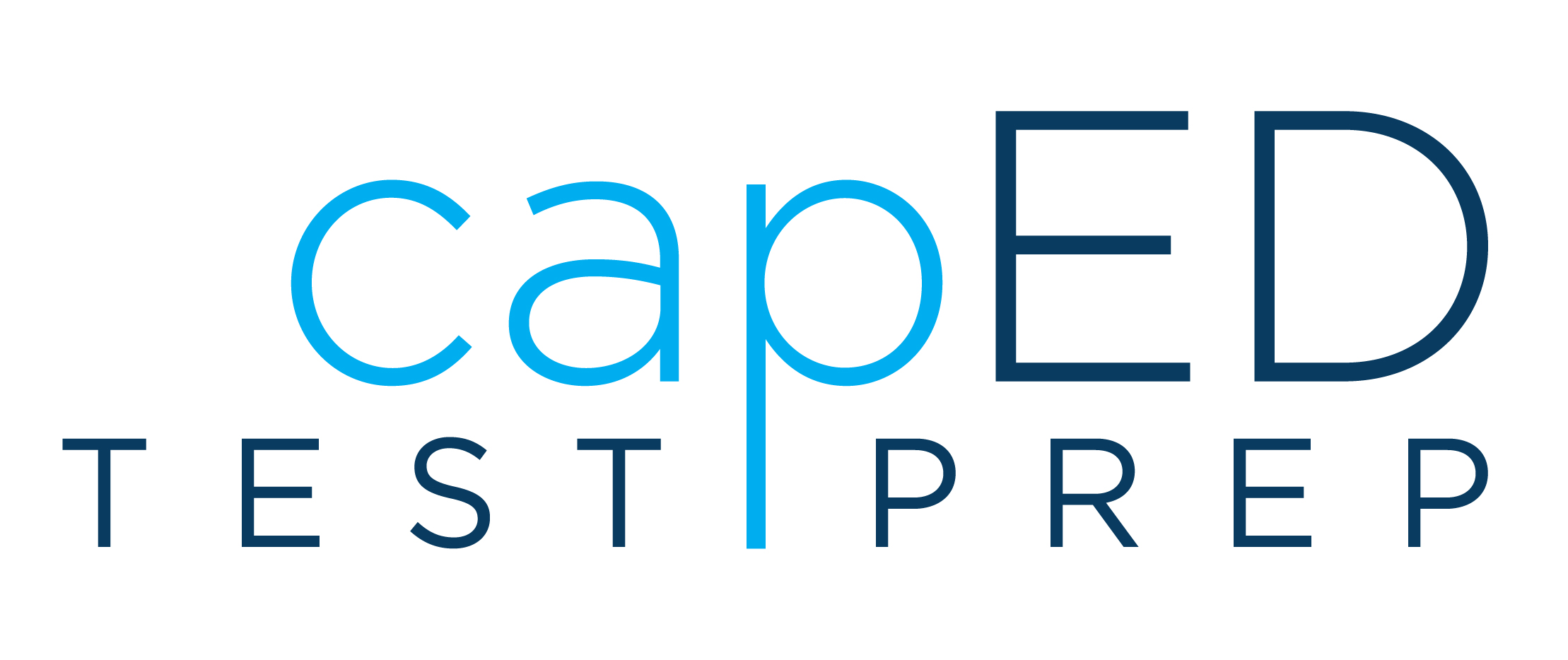You should always be extremely critical. That is, when considering what are the most important skills to develop to gain a mastery of the SAT, ACT, GRE, or any class assignment or standardized exam. More specifically, improving your critical reading, listening and reasoning will go a long way toward helping improve your scores. Want to improve reading comprehension? Critical reading to the rescue. Critical listening ensures that you understand not only what is said but also its purpose. Then there’s critical reasoning, which differentiates the book learner from the student who can fully comprehend, analyze and solve the most challenging of problems.
Here’s a short primer for what each of these terms mean, and why they are so “critical” to your overall education and growth as a student, and beyond.
Critical Reading
Getting actively engaged in an author’s ideas and purpose is important to fully immerse yourself in what’s written. Through deliberate and structured thinking, you become able to more quickly grasp the material and understand the meaning of the text. Additionally, you gain the ability and right to assess the author’s perspective, opinions, and arguments, while being well-positioned to question and stake your own grounded position.
Critical Listening
People often don’t fully mean what they say. There is a skill to being able to distinguish between what is being said and what is meant by the words. This challenge leads to a broad opportunity for miscommunication, which can expand and deteriorate the further a communication is extended. To master the skill of critical listening requires as much practice as an archer hitting a target or cellist perfecting her bow work. Clarification, understanding the message and intended outcome, being nonjudgmental, and comprehending barriers to effective communication are just some of the tools needed to improve listening skills.
Critical Reasoning
Whether you are attacking a high school mid-term or a graduate school entrance exam, having a foundational understanding of how to apply critical reasoning to problem solving will help you achieve best possible outcomes. When faced with challenging, thought-provoking questions, you need to be attuned to expose flaws in an argument, analyze an author’s reasoning, assess credibility, make confident and sound decisions, and think critically. Through an ongoing Socratic dialogue, students can build upon these tools to help them during important exams, as well as throughout their lives.

